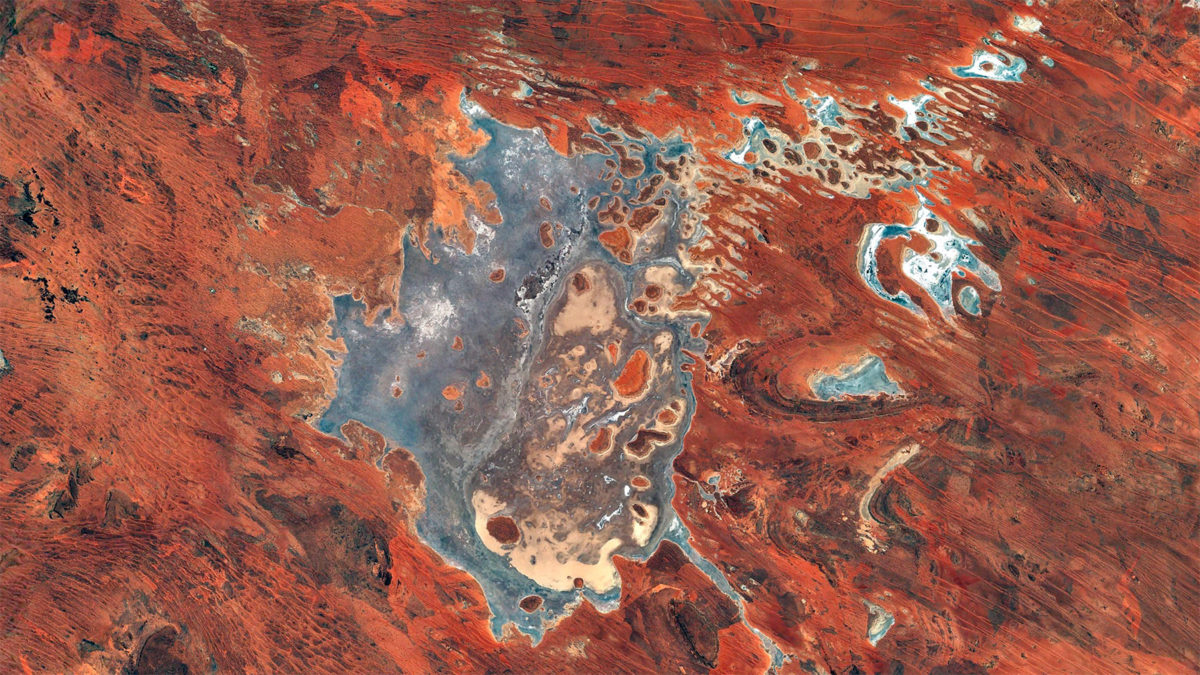Even before the COVID-19 pandemic went global just over a year ago, there had been a notable shift in messaging from some of the world’s largest companies around their responsibility beyond profit maximization. A growing number of firms were making commitments to reduce emissions, diversify their leadership, and eliminate environmental degradation and human rights abuses from their supply chains. The pandemic, however, seems to have accelerated uptake among business leaders of the idea that healthy and productive ecosystems underpin the health of our economy.
André Hoffmann, a Swiss businessman, environmentalist and philanthropist who for years has made a case for nature in his business circles, says the idea of the indispensability of nature may have finally reached an inflection point.
“Thirty years ago, the fact that our consumption patterns were endangering nature and, by extension, our human system, was always discounted rather quickly,” Hoffmann told Mongabay during a recent interview. “But today the realization that nature is indispensable to life on Earth and that we will not survive very long if a natural system becomes dysfunctional, has become mainstream.
“This is particularly stark in these pandemic times where we’ve realized that zoonotic disease is a real danger: it is very possible that if you treat nature as an expendable force, you will find yourself having to deal with the consequences. Zoonosis, the transfer of diseases from animals to humans, is a real consequence of the overexploitation of natural resources.”

As the son of ornithologist, conservationist and philanthropist Luc Hoffmann, André Hoffmann got an introduction to nature at a very early age, spending the first 14 years of his life living in the wetlands of Camargue in the south of France, near where his father conducted research. Hoffmann would go on to get a business degree at INSEAD and join the family business as a board member of the pharmaceutical giant Roche, which was founded by his grandfather in 1896. Since then, Hoffmann has worked in numerous leadership roles at companies and NGOs, including serving as the vice president of WWF from 2007 to 2017. Since 2010, Hoffmann has run the MAVA Foundation, which has put more than 1 billion euros ($1.2 billion) into nature conservation.
Hoffmann says his love of nature and belief in the need for sustainability has deeply influenced his business pursuits as well as his thinking around philanthropy.
“When I was elected to the board of our family company, which is now 25 years ago, my first question to the boardroom was something along the lines of, ‘What do we do for nature? What’s our relationship with nature?’ I was always told the same thing, not only in our family company, but also in other companies where I eventually participated. ‘Let us make money first, once we have the money, we will invest it into protecting nature. In other words, we can compensate for our corporate misdeeds with philanthropic compensation.’”

He says this idea of philanthropy as a mechanism to “offset” the harms caused by one’s business activities has always bothered him.
“Among my peer group of board directors and non-executive directors of big companies, the sentiment has often been … You make money and then you give it back via taxes and philanthropy to deal with externalities,” he said. “If you destroy nature to make a profit then you are creating the problem that you then try to solve with philanthropy. So, you need to be much better at sensibly making money rather than making money at all costs.”
Hoffmann says companies today face much greater pressure from customers, employees and investors to do more than just make money.
“A big institution, like Unilever or Nestlé cannot exist just to satisfy shareholders. It also has a mission to fulfill toward the community. It has to be a net contributor to society,” he said. “This is increasingly difficult to ignore. Especially if you add that there’s an absolute uncompromising attitude of the young generation.”

Hoffmann says the pandemic has helped bring the bigger issues into focus for business leaders.
“The pandemic shows very clearly that our current system is not strong enough. It’s not resilient enough,” he said. “By concentrating on short-term satisfaction and short-term profit maximization, we have neglected the consequences of what we are doing.
“The system is so fragile that a small virus was able to bring humanity down for more than a year now, that should be a warning signal. The long-term consequences of this should be to recognize that the model we have built, which is based on complete domination of nature, is not workable.”
Hoffmann spoke about sustainability, resilience, and the need for systems transformation during a conversation with Mongabay.

